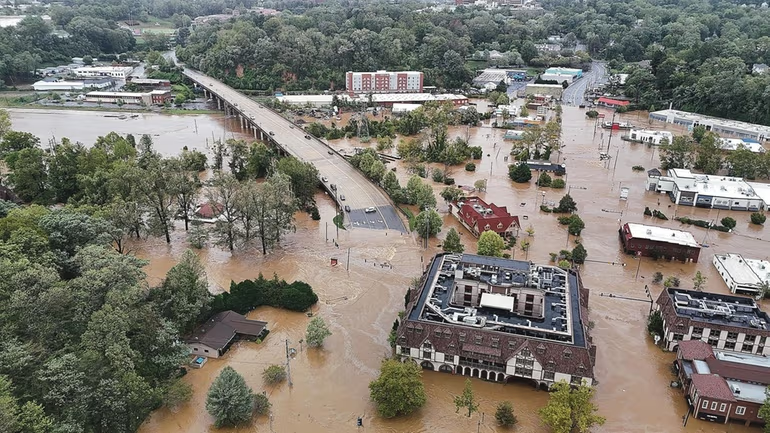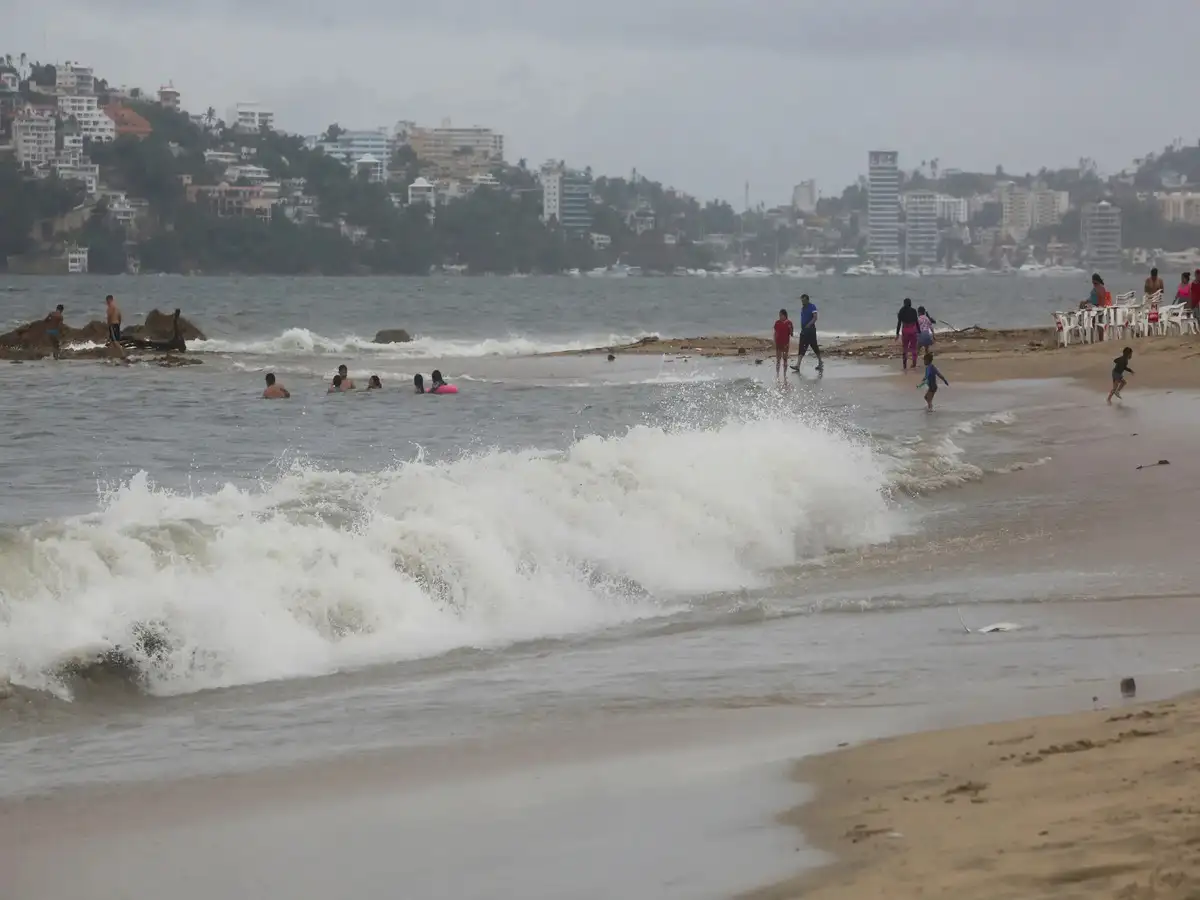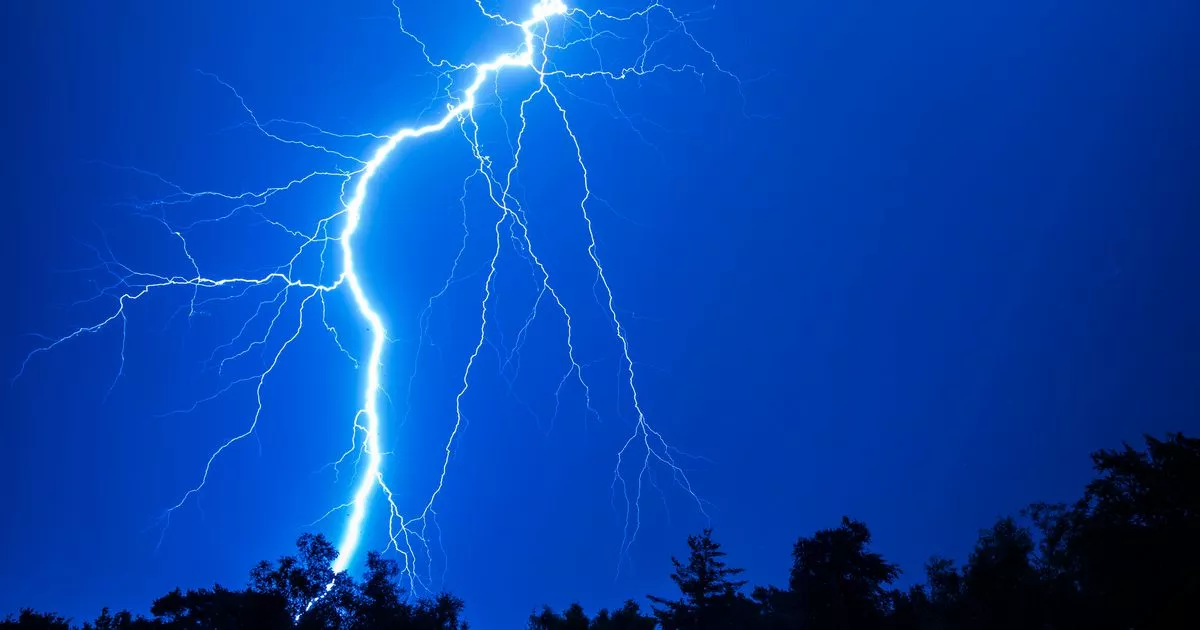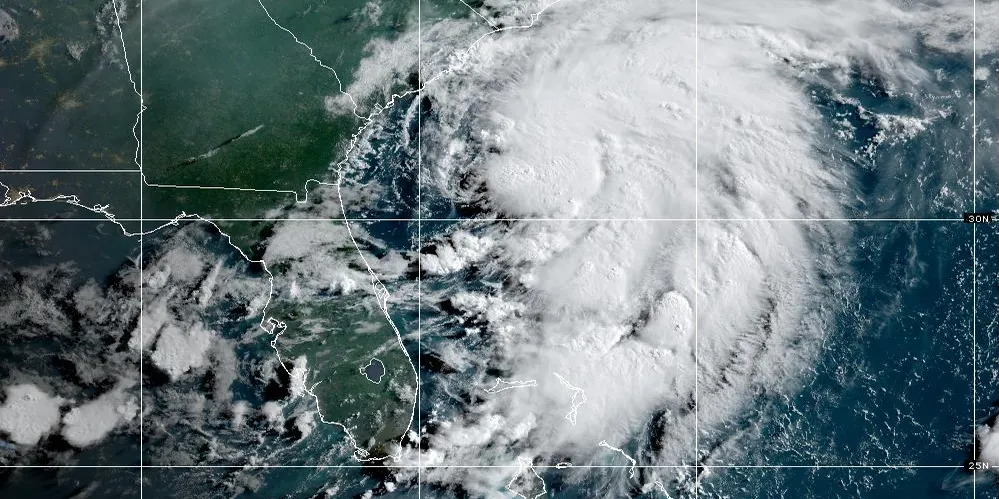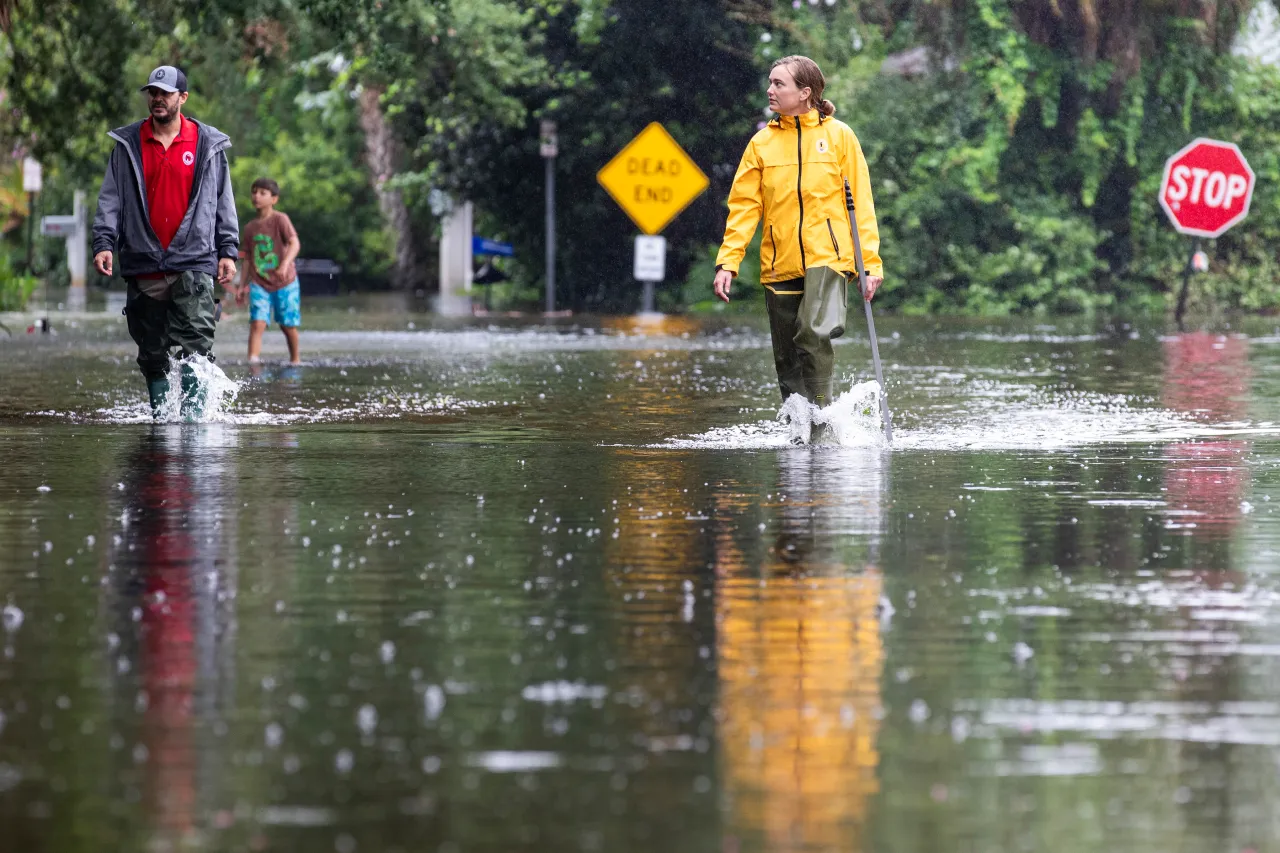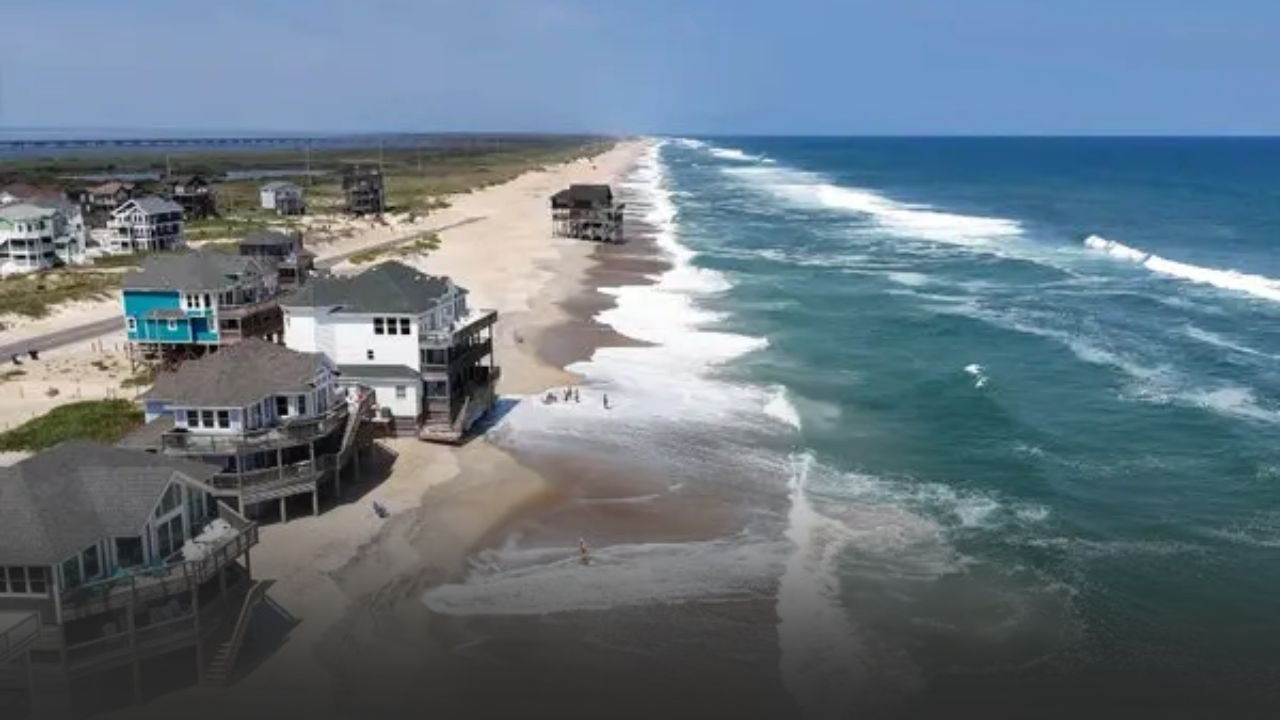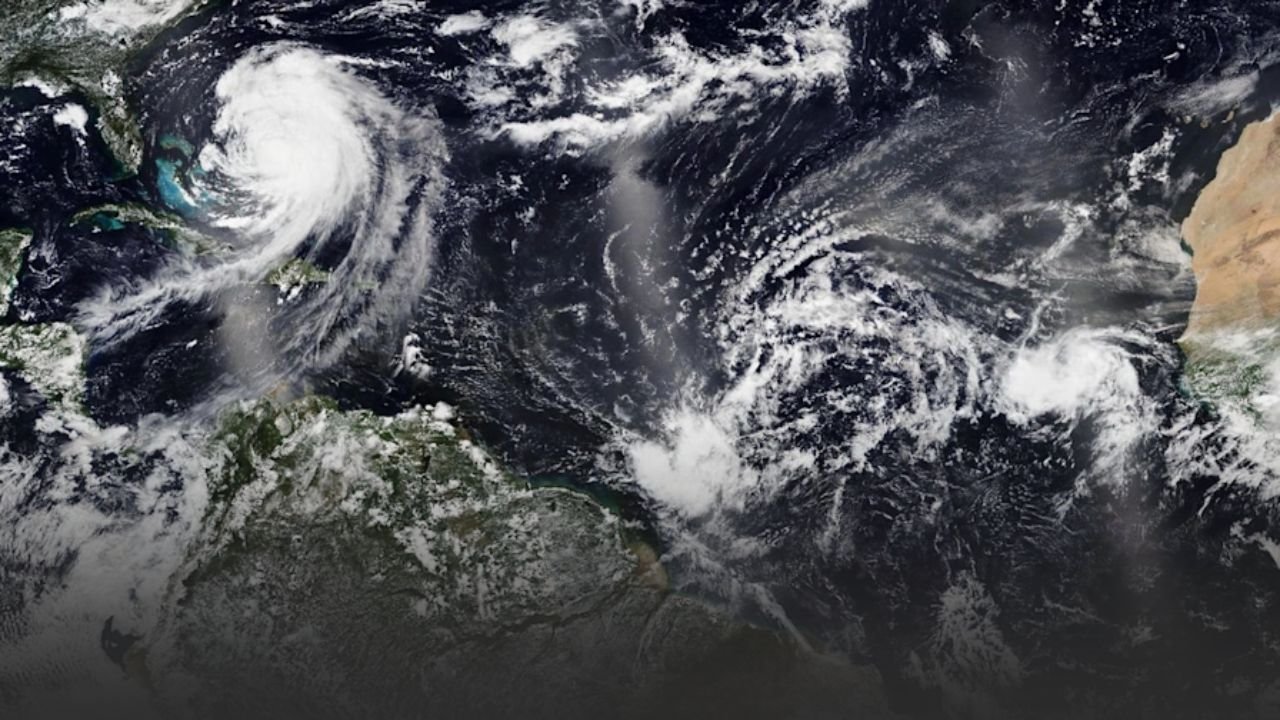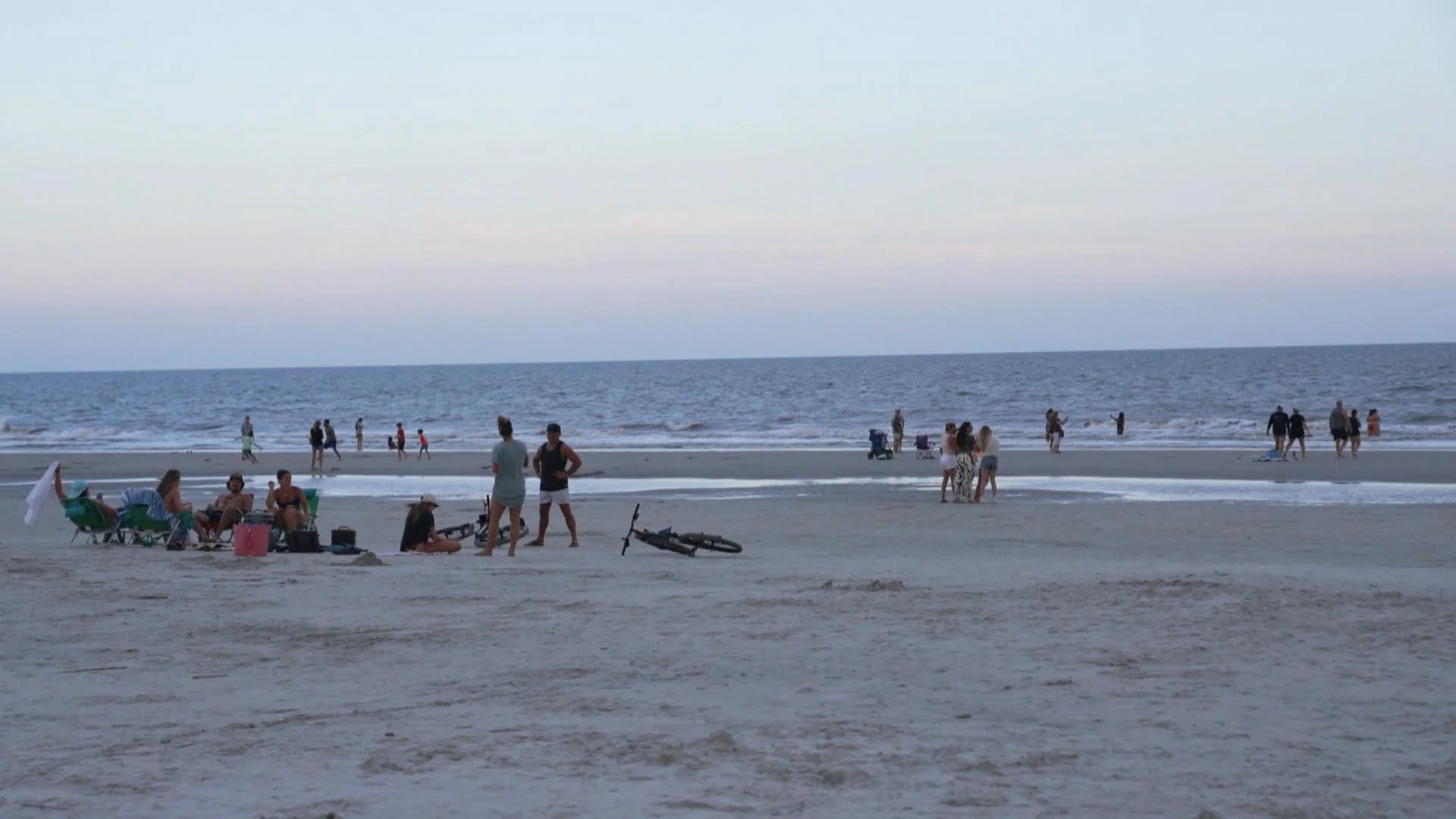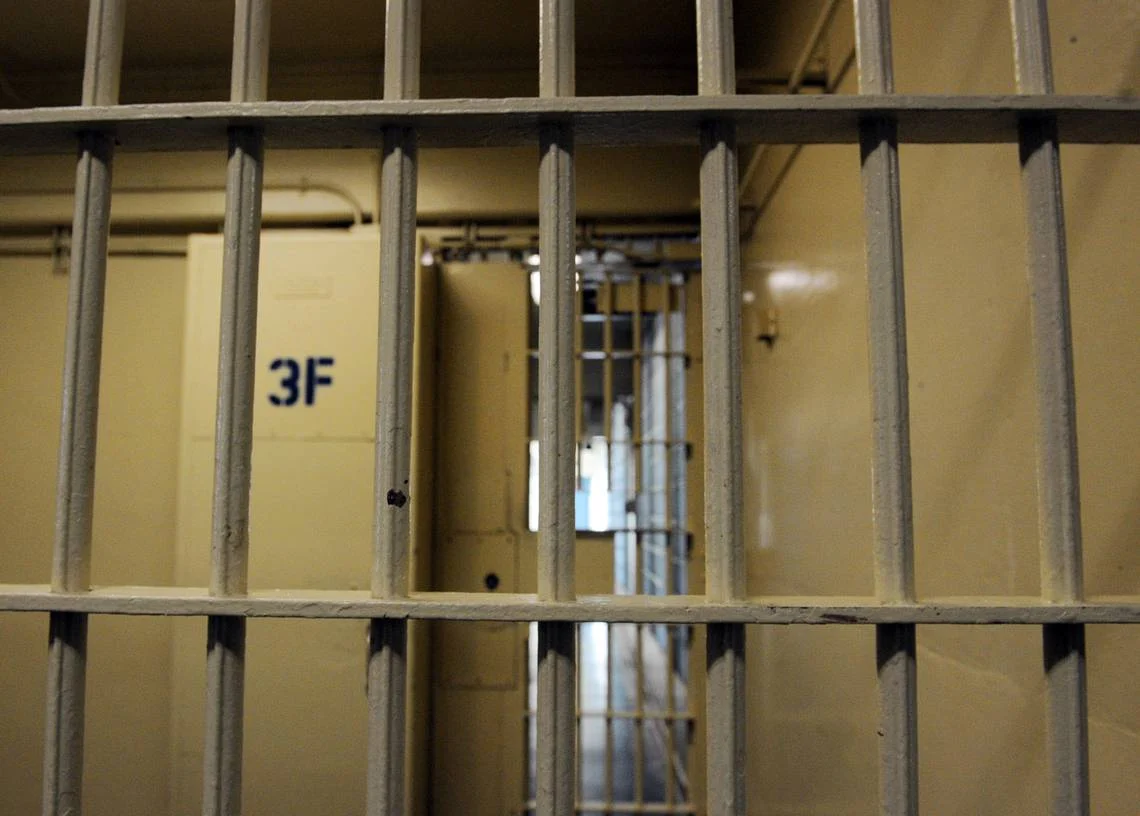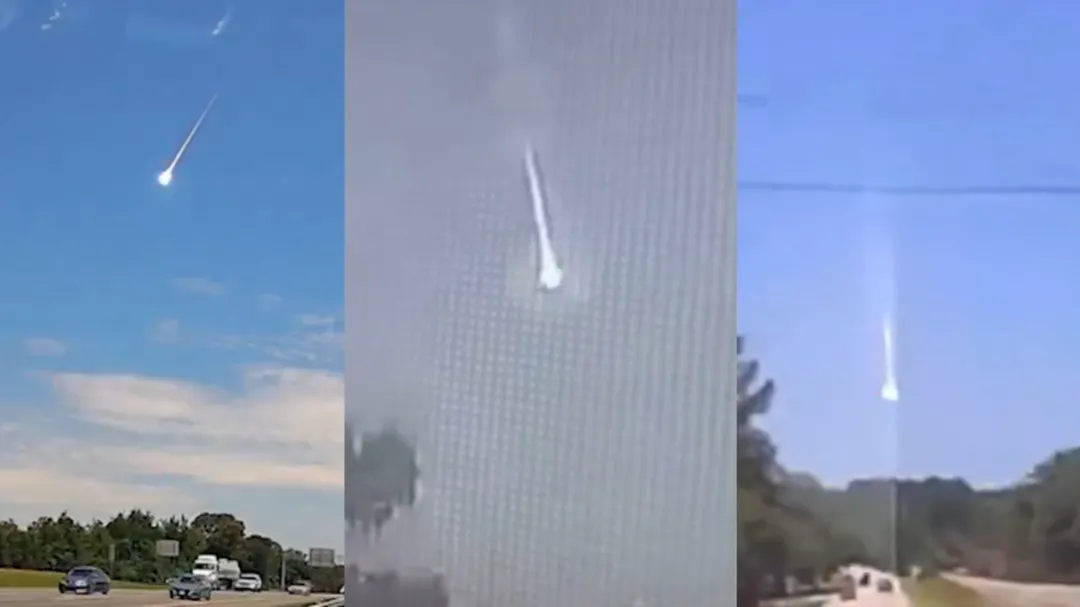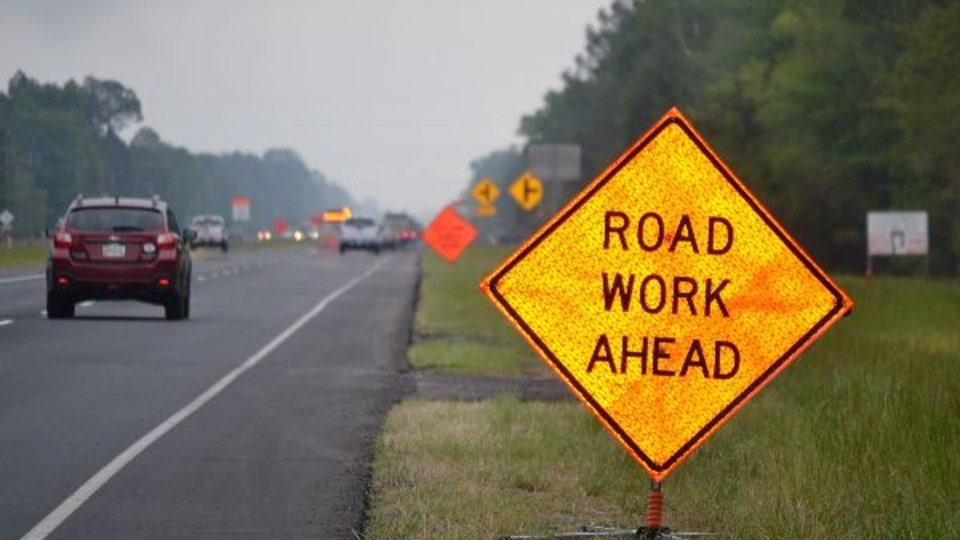Raleigh, North Carolina.North Carolina residents should be on high alert in the upcoming weeks as experts warn that conditions are ready for a large rise in storm activity, even though the 2025 hurricane season has been relatively calm thus far.
Warm Waters and La Ni a Could Fuel Activity
Warm Atlantic waters and the possible onset of La Niña conditions, according to experts, might cause the season to enter a considerably more active phase. Colorado State University and the National Hurricane Center have updated their estimates, which still predict up to 18 named storms and 2.5 major hurricanes this year.
The Atlantic is warming and may continue to be active for the next few months, according to North Carolina’s assistant state climatologist, Corey Davis. We’ve already seen a few instances of storms forming directly along our coastline, and the water across the basin is sufficiently warm for storms to form, Davis added.
A Slow Start Doesn t Mean Safety
Only four storms have been named in 2025 thus far, including the relatively powerful Tropical Storm Chantal and the brief Tropical Storm Dexter. Early in the season, wind shear and African dust have not developed much, but Dr. Michael Mann, a meteorologist at the University of Pennsylvania, warned that if La Ni a forms this fall, things may intensify far more.
Peak Season Approaching
The hurricane season typically peaks around September 10 and is at its most active from mid-August to mid-October. North Carolina has been permanently damaged by previous storms that occurred during this time, including Hurricanes Fran, Floyd, Florence, Matthew, and Hazel.
According to Davis, other factors have contributed to the majority of damage in recent years besides hurricanes. Significant damage has been inflicted by heavy rain and floods by storms that have not been named, such as the surprise system that flooded Brunswick County and Pleasure Island last September.
Preparedness is Key
Authorities emphasize that locals should start getting ready before a hurricane warning is issued. Prolonged power outages and fatal flooding can be caused by even weaker systems. As the season goes on, the likelihood of quick storm intensification increases due to the Gulf and Caribbean’s warm waters.
Davis underlined that it’s a good reminder that people may begin preparing for consequences before they ever hear the hurricane keyword.
This year, have you updated your hurricane kit? Help your neighbors stay safe on SaludaStandard-Sentinel.com by leaving a comment with your preparedness advice.
